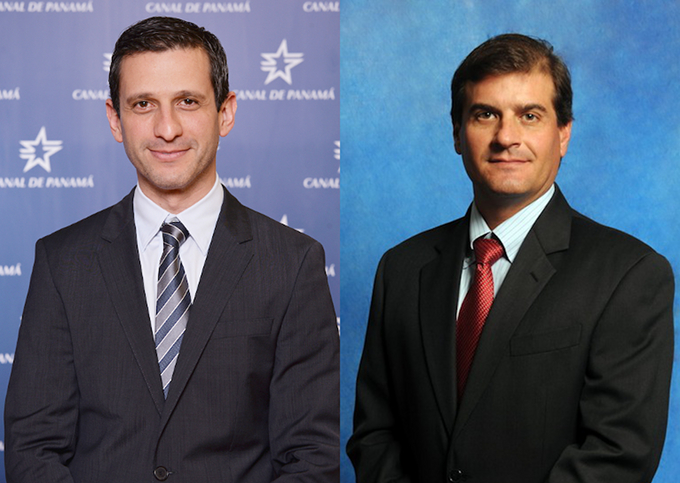
Cabinet removes two from the ACP board but legislators must ratify
by Eric Jackson
In Panama one does not take the Fifth. Different country, different constitution. Here, when a person declines to testify in a proceeding that may get that individual convicted of a crime, it’s Article 25 of the Panamanian constitution that gets cited. It’s functional effect is more or less the same.
On April 2, after months of absence without a generally known address during which his attorneys moved in the courts to get an assurance that he would not be summarily jailed — here, unlike in many jurisdictions, the courts will not refuse to entertain a motion on behalf of a fugitive — Henri Mizrachi appeared before prosecutors to answer questions about the laundering of money for the purchase of Ricardo Martinelli’s media empire with public funds. The former president arranged a series of overpriced public contracts, the excess of which was skimmed off into a company called New Business, which purchased EPASA, the parent company for El Panama America, La Critica and other smaller media properties. After EPASA and other properties were transferred to entities controlled by but not in the name of Ricardo Martinelli, the purchases and operations were funded by exaggerated government advertising buys in those companies. Among the Martinelli front men in New Business, it is alleged, were construction executives Henri Mizrachi and Nicolás Corcione, both also Martinelli appointees to the Panama Canal Authority (ACP) board of directors. Mizrachi asserted his rights under Article 25 at his meeting with prosecutors.
The same day, however, anti-corruption czarina (as in, director of the National Transparency and Access to Information Authority) Angélica Maytín petitioned President Varela to remove Mizrachi and Corcione from the ACP board. This was not on the underlying grounds of the money laundering charges against them. (In addition to the New Business business, Corcione has also been investigated for laundering the proceeds of corrupt courthouse construction and remodeling contracts. In that case a controversial decision that a plea bargain by an accomplice gets Corcione off is under appeal.) Maytín’s reason was that, even if as argued a crook can’t be removed from the board except by order of a court handing down a final conviction, the law that created the ACP specifies certain duties for board members and that excessive absences from meetings is malfeasance for which they might be removed.
After many months of hemming and hawing about the Corcione and Mizrachi cases, Varela accepted Maytín’s argument and submitted it to the Cabinet Council. On April 3 the cabinet voted to remove the two board members, on the ground that since 2015 Mizrachi had been present at 121 board meeting and absent at 52, while Corcione had made 78 meetings and missed 73 in that same period.
Do we want to repeat Corcione’s pleas in a lead story interview with La Estrella? Read it if it interests you and you can stand yeye whining.
The move must be ratified by the National Assembly. So, how many Martinelista die-hards are willing to fall on their swords to keep Mizrachi and Corcione on the board? Can they find any allies among their colleagues? We will see soon enough, but the issue may be allowed to linger without legislative action. There are potential consequences for the partisan divide on the allegedly apolitical board, the Diablo / Corozal port project and whether the ACP director Jorge Luis Quijano gets a second term and if not who would replace him.











